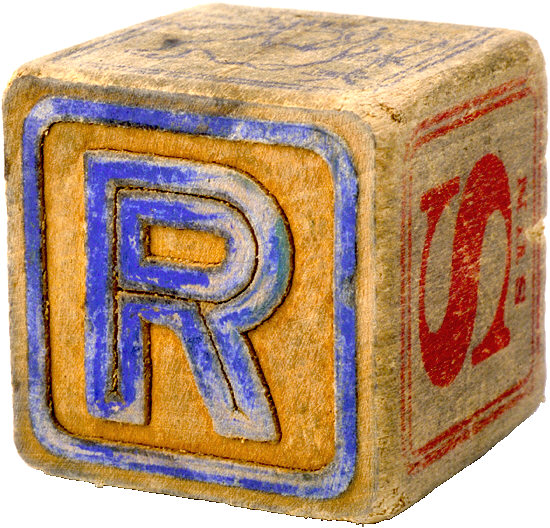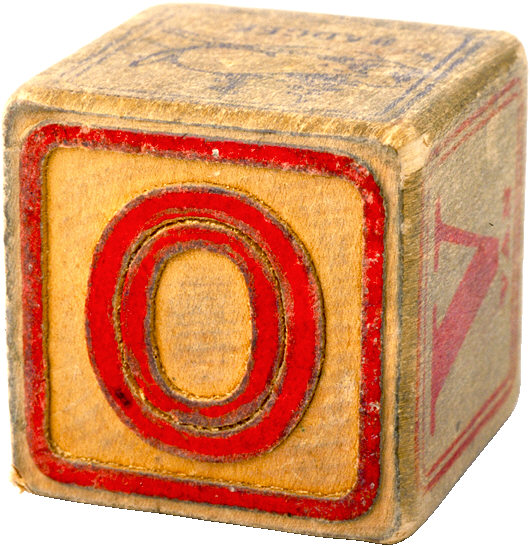












Contra Costa Preschool Directory & Kindergartens


Overnight Separations
by
Dr. Lawrence Kutner
Perhaps the most important thing parents can do to help their children handle overnight separations is to prepare them for the experience. Remember, there are many things that you take for granted that a three-year-old might wonder about and be afraid to question. ("Yes, they have bathrooms. No, you won't have to sleep outside in the cold.")
Here are a few hints for making the experience go smoothly for everyone, whether your child is staying at home or somewhere else:
- Give your child practice separating from you during the day and evening. While most toddlers and preschoolers feel comfortable with this, some do not. If necessary, start by leaving your child with a neighbor for five minutes during the day. (The parent of another young child is likely to be willing to do this if you reciprocate.) Once your child is comfortable with that, extend the length of time you're gone and try it during the evening, which is always a more difficult time for young children.
- If your child cries and screams during this brief separation, it's important that you not accidentally reinforce her behavior by coming back while she's still upset. One way is to telephone your neighbor before returning to make sure she's calmed down. (The crying usually stops less than a minute after you've gone out the door.) Also remember not to make a big deal out of leaving, which will only raise her anxieties. Be as matter-of-fact as you can when you say that you'll be back.
- Be encouraging when you talk about spending the night apart. Talk about all the other scary things that she did for the first time that turned out just fine, such as starting preschool or going swimming. Predict success rather than difficulty. Also plan a small reunion celebration so that your child knows you're not abandoning her. This emphasizes the continuation of your relationship, not the separation.
- Limit the number of surprises. Remember that children are more sensitive to small changes when they're under stress. If your child will be sleeping away from home, try to let her visit the place ahead of time. Anything you can do to increase your child's familiarity with what will happen to her will help her adjustment.
- Pay attention to your own attitude before the separation. Many adults mentally distance themselves from their children several days before departure as they become preoccupied with the trip. Children may pick up the subtle changes in their parents' behaviors and wonder if they've done something wrong or if the parent will ever come back.
- Develop rituals around your departure and your return. These may be as simple as showing a picture of where you'll be or having ice-cream cones the evening before you leave. This makes it easier for your child the next time you go on a trip.
- Have your children maintain as many daily rituals as possible. When one parent is away, try not to change where and when the family eats and what the children do during the day. One study that compared children who continued to attend their regular preschools with those who, because of transportation problems, stayed at home while a parent was away on business. Those who stayed at home took a longer time to recuperate emotionally and physically from the separation.
- Record a few of your child's favorite bedtime stories or songs on tape. The advantages of these recordings go beyond the obvious. They give your child symbolic control of your presence. If your toddler needs to hear more of your voice for reassurance, the tape can simply be rewound and replayed.
- Construct a calendar. By coloring in one box every night, your child can have a better idea of how long you'll be gone and when you'll return. Of course, you don't have to be literal about a paper calendar. A friend of mine used to give your four-year-old daughter a chewable calendar. Before she left on a business trip, she would put bubble gum on the living-room mantle—the number of pieces equaled the number of nights she'd be away. Her daughter got to chew one piece every evening. When she finished the last one, she knew her mother would be back the next day.
- Bring back a memento. Better yet, bring back several. (Remember that to toddlers and preschoolers, quantity is more important and more impressive than quality.) These need not be expensive. In fact, young children love those free promotional postcards hotels give their guests since they allow them to see where their parent was staying.
- Plan on spending extra time with your children within a day of your return. Children will often crave additional attention and cuddling immediately. If possible, try not to push yourself too hard during your last half-day or so of traveling. That will allow you to reconnect with your child more easily.